Channeling Women’s Voices Through Digital Multimedia

In order to realize her vision, Shirin founded Empower Women Media and the Middle East Womens Leadership Network. Both organizations convene women change agents, encourages collaborative partnerships, and challenges them to create a practical plan for media engagement. As a result of ongoing network gatherings, training, mentoring, and follow-up efforts, several innovative media projects have developed, especially within the MENA region.
Women need role models who can support and guide them.
You’re the founder of both Empower Women Media and the Middle East Women’s Leadership Network with a primary mission to empower women through creating social networks media training. How are you using multimedia to fulfill your mission?
My research has shown that in almost 20 years of working with women, the fastest way to help women receive visibility and to develop a platform is through developing media tools. By media, I mean short film or television, audio or podcast, or even written media that gives women the access and ability to connect with the outside world—whether its reaching partners, stakeholders, or expanding outreach. Media is a powerful way to expand women’s platforms.
Typically, we focus on four or five sectors at a time. We can’t do everything, so we try initially to identify the sectors that have the most pressing needs on the ground, especially in the Middle East. We typically find that these reflect more universal issues; women’s empowerment or 
We tend to form training around focus groups. As I mentioned earlier, we have different sectors. We convene women who are interested, for example, in gender equality, or religious freedom, or trauma healing. As they form those groups, they can collaborate together to create different media tools—whether it be tv broadcasting, a short film, or a podcast—they can then get their message out more effectively. Additionally, we have found that in the process of creating those media tools, women become more confident and they become emboldened; they become equipped as advocates. They not only create the tool that they are personally invested in, but they also increase their capacity to be a spokesperson.
There are two benefits—one, we have the media tool as an outcome of our collaboration—two, the women become more equipped and more confident to go out into the world, and to act as spokespersons and advocates.
Currently, there is a growing awareness around a lack of representation of women in media. A large part of your work is training women to become producers of compelling media. How is the increased presence of female produced, and driven media influencing perspectives?
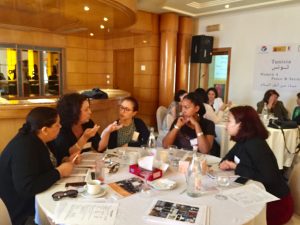
We gather women two to three times a year, and we provide training. We bring in expert trainers who then train emerging filmmakers or emerging storytellers. In the past, we would gather at a location like a film studio, or we would rent a hall. But now, we are doing more and more online. For example, I’m hosting training workshops online this week, because it’s more cost-effective. Rather than renting a conference room, and having people fly in, which is quite expensive—we’re moving more and more online. Today, I gathered half a dozen women and we did scriptwriting and film production training online through an online teleconference link. The women were from Afghanistan, Lebanon, they were calling in from Virginia, from Toronto. Rather than spend all that time and money to convene everyone in one location, we can do it online. We find that it serves a better use of our time and resources.
There’s a growing interest in mobilizing women to share messages that promote peace and democracy. There is more interest in inviting women to the decision-making table to address issues of conflict. We’re in that fray right now, It’s an exciting time for women. In the past, we were overlooked but now there are organizations asking us to participate and to share. There is a large event coming up in Southern California, where historically it has been mostly men who spoke on the stage or on the panels. I was invited to come and speak as an expert in my field. There are changes happening, whether it’s the UN or other peacemaking groups. Increasingly, they are seeing the need to include women to bring another perspective.
Women are agents of change, and they need to mobilize.
We live in a world that is so divisive. Women are agents of change, and they need to mobilize. People are finally are looking around and asking how they can include women—because clearly the things we have done in the past are not working, and we need to find better solutions.
Empower Women Media recently launched Dare to Overcome, which is a film competition featuring three-minute films. It exists to showcase issues related to inclusivity. How is the short media format effective in illustrating issues such as religious freedom or gender issues?
Three years ago, we began the film competition called Dare to Overcome. Through outcomes from our research and our relationships with different partners—we found one of the fastest ways to mobilize women and cost-effectively produce content, was to create a film competition. The traditional, studio film, even a short film, can cost thousands or tens of thousands of dollars. Creating a film competition is an effective way to mobilize women producers—to collaborate together, to create powerful, high-impact short films. We want to create content so we can continue to promote their important messages for audiences, but film production is very expensive.
The purpose of Dare to Overcome is to create short documentary-style films that show how religious freedom is good for business. Freedom of religion and belief, when used properly, can lead to a peaceful and prosperous society. It leads to outcomes such as better human rights, and women’s rights. There are climate issues, refugees and immigration—we need to think about how we provide services for them and make sure there is access to things they need, a clean environment and clean water. Even that relates back to religious freedom. Dare to Overcome films will be showcased in August in Tokyo at the Global Business and Peace Symposium. We are partnering with Dr. Brian Grimm and the Religious Freedom and Business Foundation on this initiative.
The short format is a very effective way to transmit important messages—short films are quite powerful.
The underlying reason we use a short digital media strategy is that we find that people are looking for content all day long on their phones. Research shows that women will be on their mobile phones from six to eight hours a day, just constantly. Any time they get a break, they are checking Facebook, they are checking Instagram and other social media. It’s a place where people look for news, not only entertainment. We want to be right there where people are looking for content.
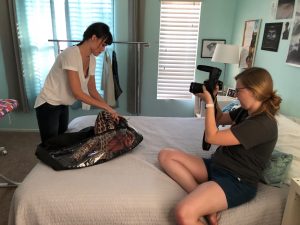
It’s harder to get people to sit down and engage in that kind of [long format] content. They’re more apt to watch something that is three or four minutes long instead.
One area of focus for you has specifically been freedom of religion or belief in the Middle East. How can digital media provide a valuable forum for Middle Eastern women to vocalize their experiences around these issues?
Women are oftentimes the victims of cultural or religious conflict. We seek to include women in finding solutions and showing that when there is religious freedom—it can lead to gender equality, better human rights, peace, and more ardent communities. We feel passionately that women should share their religious stories, to make a case for why freedom and democracy are so important. We believe it should be visual media as well, not just a lecture or something to be read.
Watch “Blue” from Maryam Farahzadi on Vimeo.
Women must be able to share their stories in a way that touches the heart and really transforms people at the deepest level.
Media allows women the opportunity to create, to share their story in a safe space—and then be able to share that with audiences all over the world. They don’t necessarily have to put their lives on the line. They can share that message in a way that protects themselves, their family, and their community while reaching great numbers of people—whether it’s via social media online or simply transmitting that message as far and as wide as they can. It’s a medium that’s great for women who are working, or they are mothers and they don’t have the capacity to travel in order to share that message. They can create media tools that they can then share digitally worldwide, far and wide.

Unfortunately, there’s still a struggle in finding adequate resources. We’re really thankful that so many women have collaborated freely and voluntarily without being paid. They come together and collaborate with any extra time and resources that they have. A concern for me long-term is it may not be sustainable unless foundation patrons or sponsors can come alongside women and really take this to a higher level. My concern is in a couple of years, it will no longer be the trend to empower women. We need to make sure that we’re thinking ahead long-term to be equipping more and more women to contribute to these causes. Initially, it’s great when its volunteer-based, but it’s not sustainable. We need to be looking into the future and thinking about what the resources are we can bring to bear so that we can continue to support women to share their messages and stories.
Typically, women will roll up their sleeves and just get things done—because that’s how the world works. A lot of women are not paid for what they do, or they are underpaid, and they just continue to contribute. I don’t think it’s sustainable. My fear is if people get burned out after a few years, then what? What do you do? These messages need to continue to be shared. I’m doing my part trying to reach funds and resources. People often find it interesting when there’s a woman-led project, they might say, “Oh, that’s really nice.” Sadly, I don’t find many people who want to go the next step; really getting behind it financially. That’s an uphill factor, and that’s true across all sectors. It’s going to take time to educate investors and donors about the need to really get behind women on these projects.
What concerns you most about the world today? What brings you hope?
What concerns me most is the level of divisiveness that we have in our current culture. I feel like I haven’t seen such divisiveness this intensely in my lifetime. I’m very concerned about that. At the same time, I’m encouraged by how women and minorities are speaking up. I hope that we
What brings me hope are the levels of ingenuity, innovation, and creativity—being realized through the access we have to people through media and through the arts. I believe there are innovative pathways for positive change that we’ve 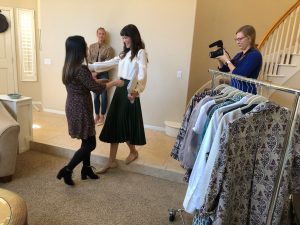
We’re always up for meeting with emerging filmmakers, we definitely want to keep connecting. If filmmakers or NGOs want to connect with us, we can help continue to expand their outreach.
Shirin Taber is an international consultant, media producer and the author of Muslims Next Door (Zondervan/Harper Collins). With an Iranian Muslim father and an American Christian mother, she has lived in the United States, Europe and the Middle East. Currently, she is directing the Empower Women Media and Middle East Women’s Leadership Network, which help women create media for their mission.
With a background in writing, non-profits and cross-cultural training, Shirin assists multiple organizations with media-based initiatives. The Los Angeles Times, Detroit Free Press, Fox News, Christianity Today and the NYTimes.com have featured her writing and work among Muslims and Christians alike. She has assisted the George Bush Institute Women’s Leadership Initiative and the United Nations Office for Genocide Prevention with media projects focused on women and peacebuilding. Shirin is a graduate of the University of Washington and speaks English, Farsi and French. shirin@visualstory.org
LIVE WHAT YOU BELIEVE: Media-Based Training for Leaders
80% of the world’s population lives with high restrictions on freedom of religion, belief and conscience. Although the countries of the world unanimously voted for religious liberty (Declaration of Human Rights, Article 18) most do not honor it. We are facing persecution worldwide, unlike anything seen in modern history. Reports found that religious oppression was “arguably coming close to meeting the international definition of genocide.” EMPOWER WOMEN MEDIA produces digital media to rally leaders and influencers to advocate for freedom of faith. LIVE WHAT YOU BELIEVE is a business-friendly film series to reach thousands of global leaders to shift their attitude toward freedom of belief for all peoples.
The advocacy film series will be accompanied by workshops and online resources. For more information about the interactive series, contact shirin@visualstory.org and www.empowerwomen.media.



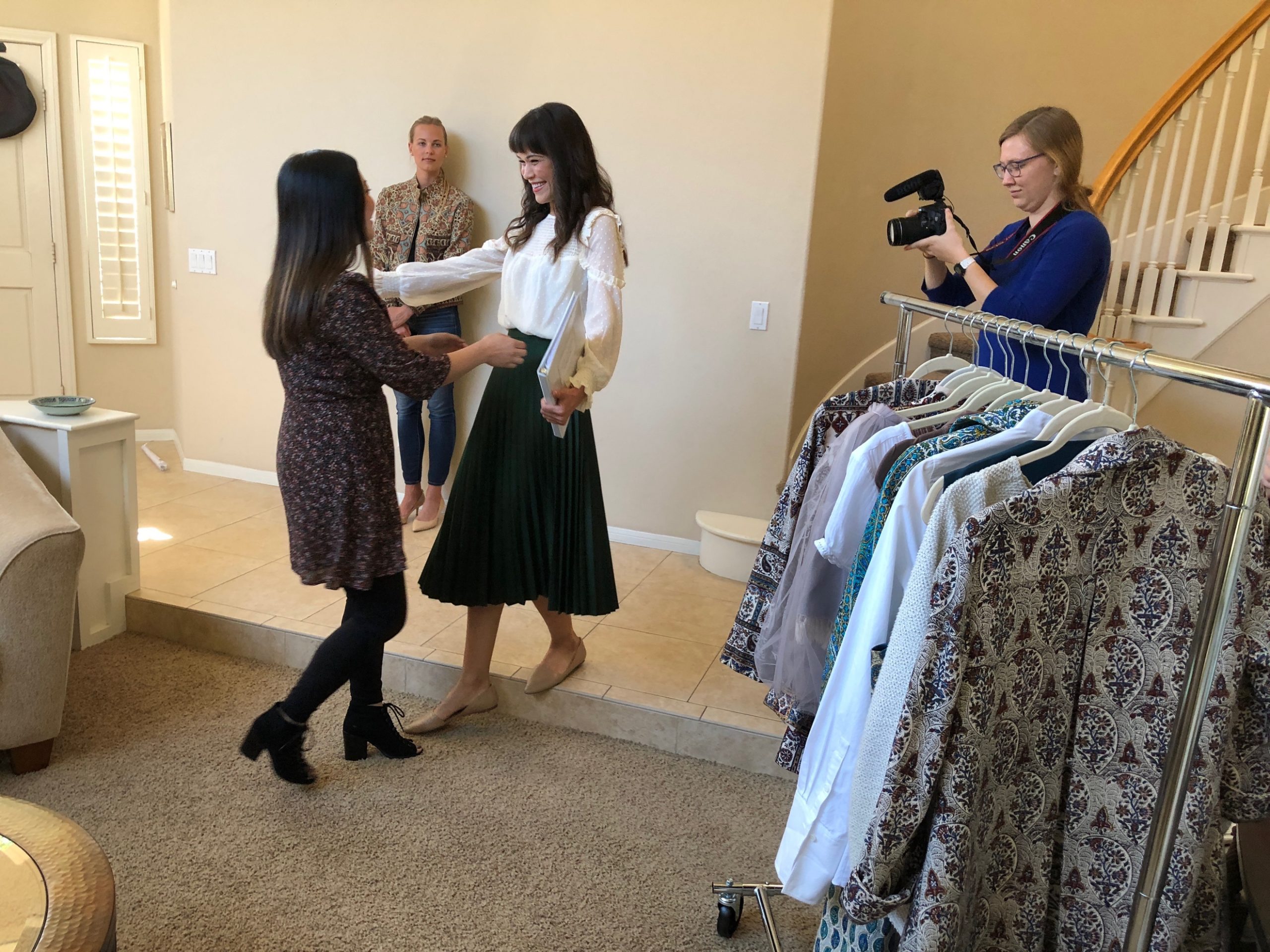


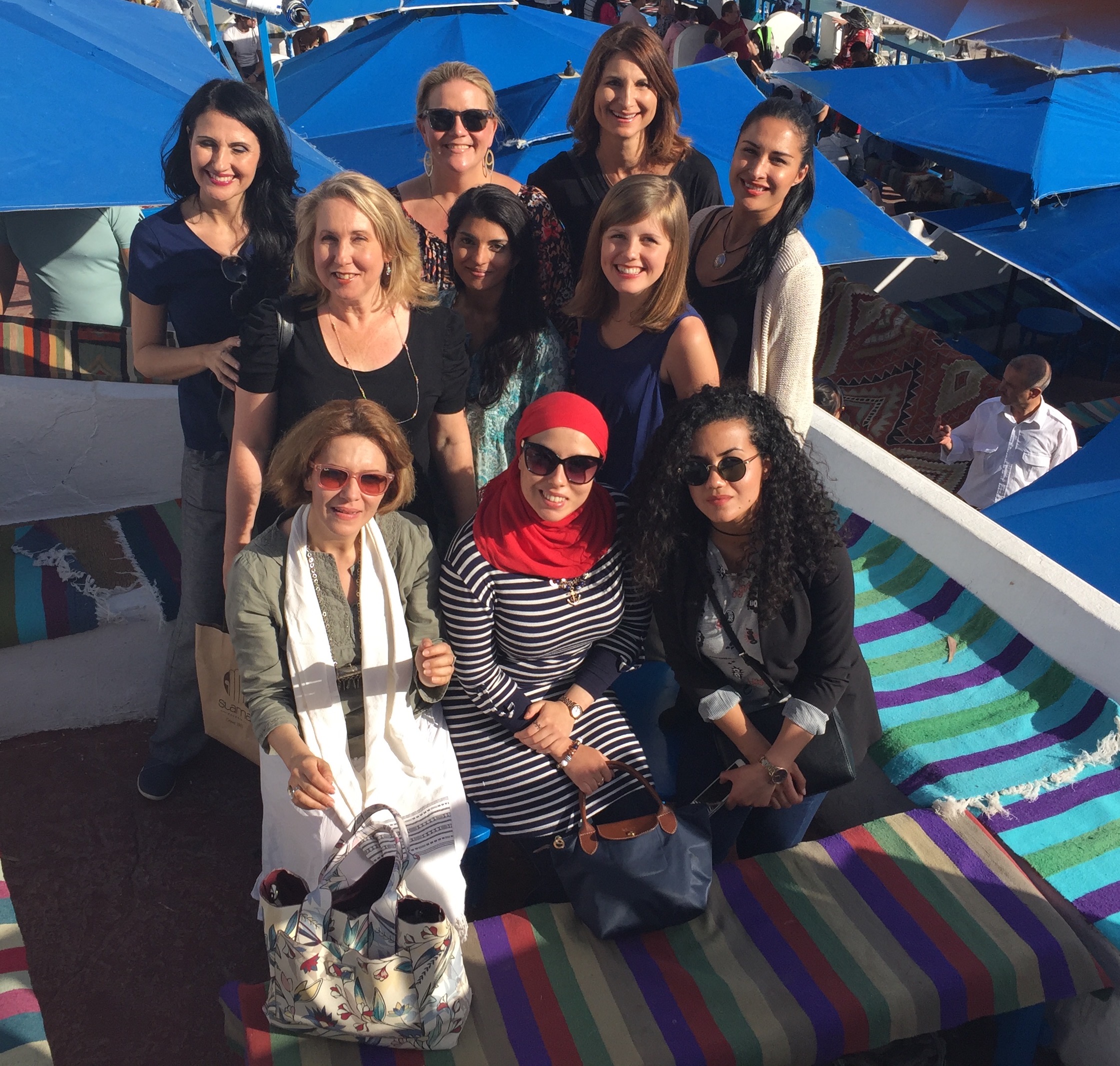
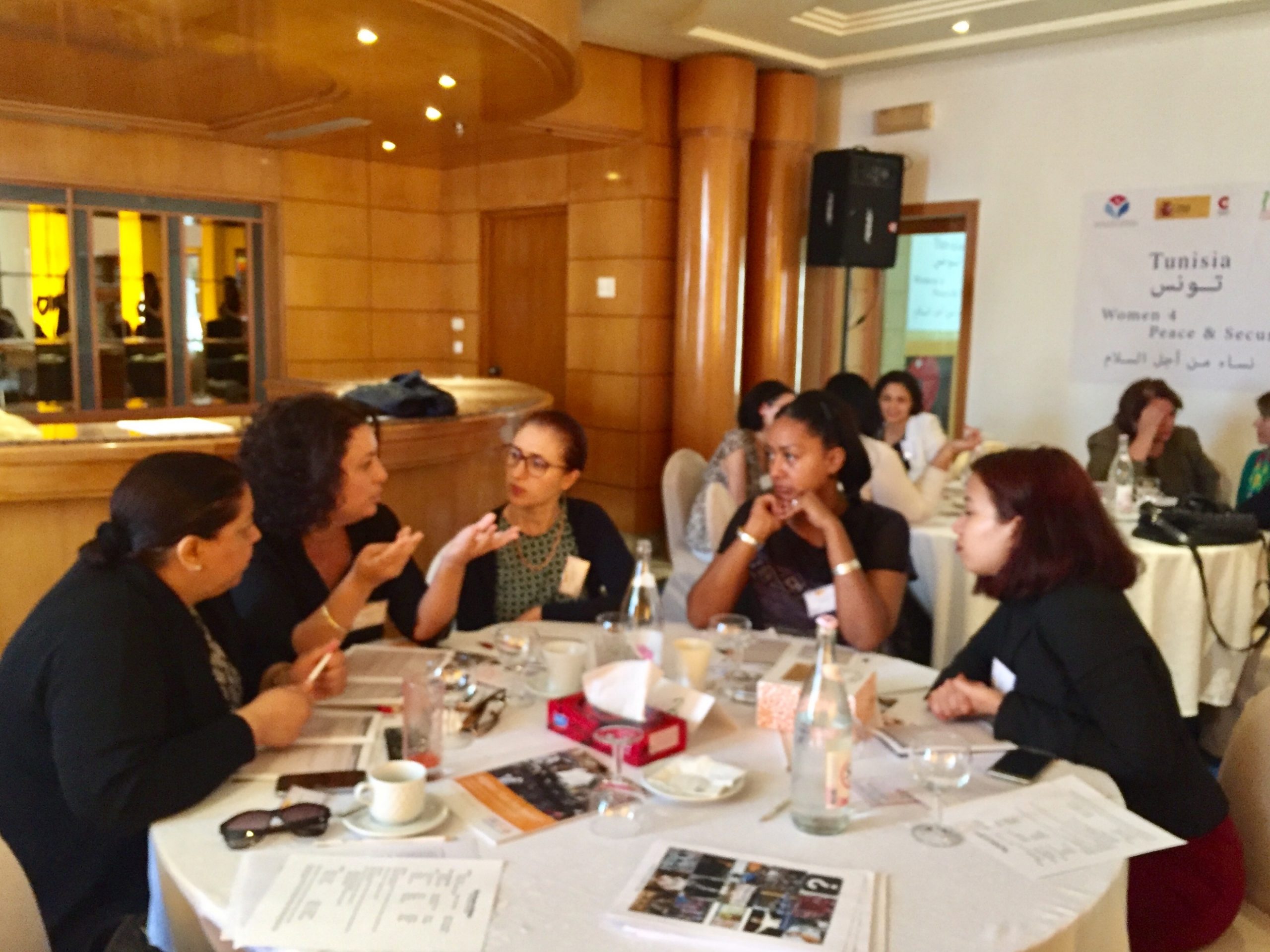
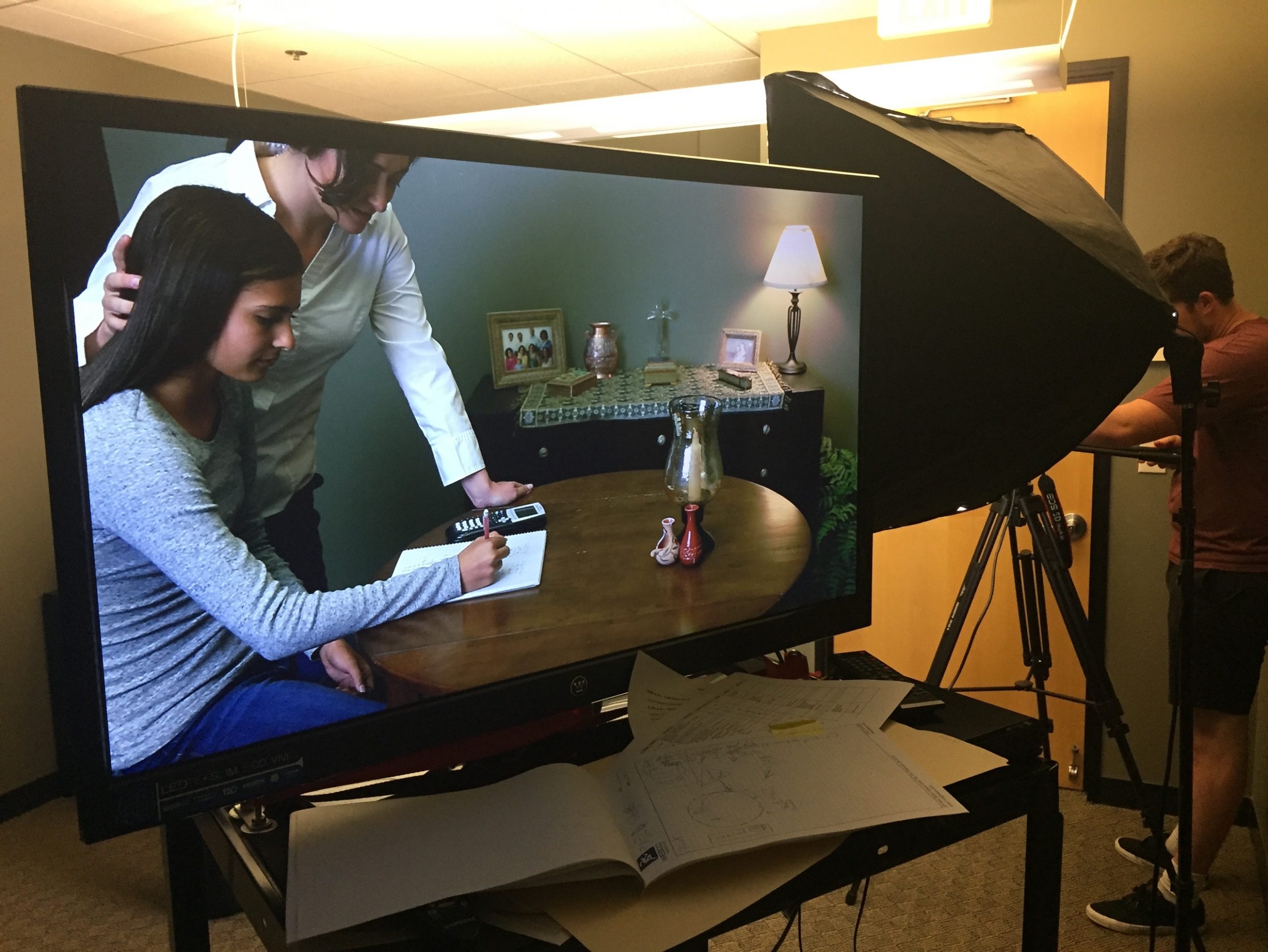
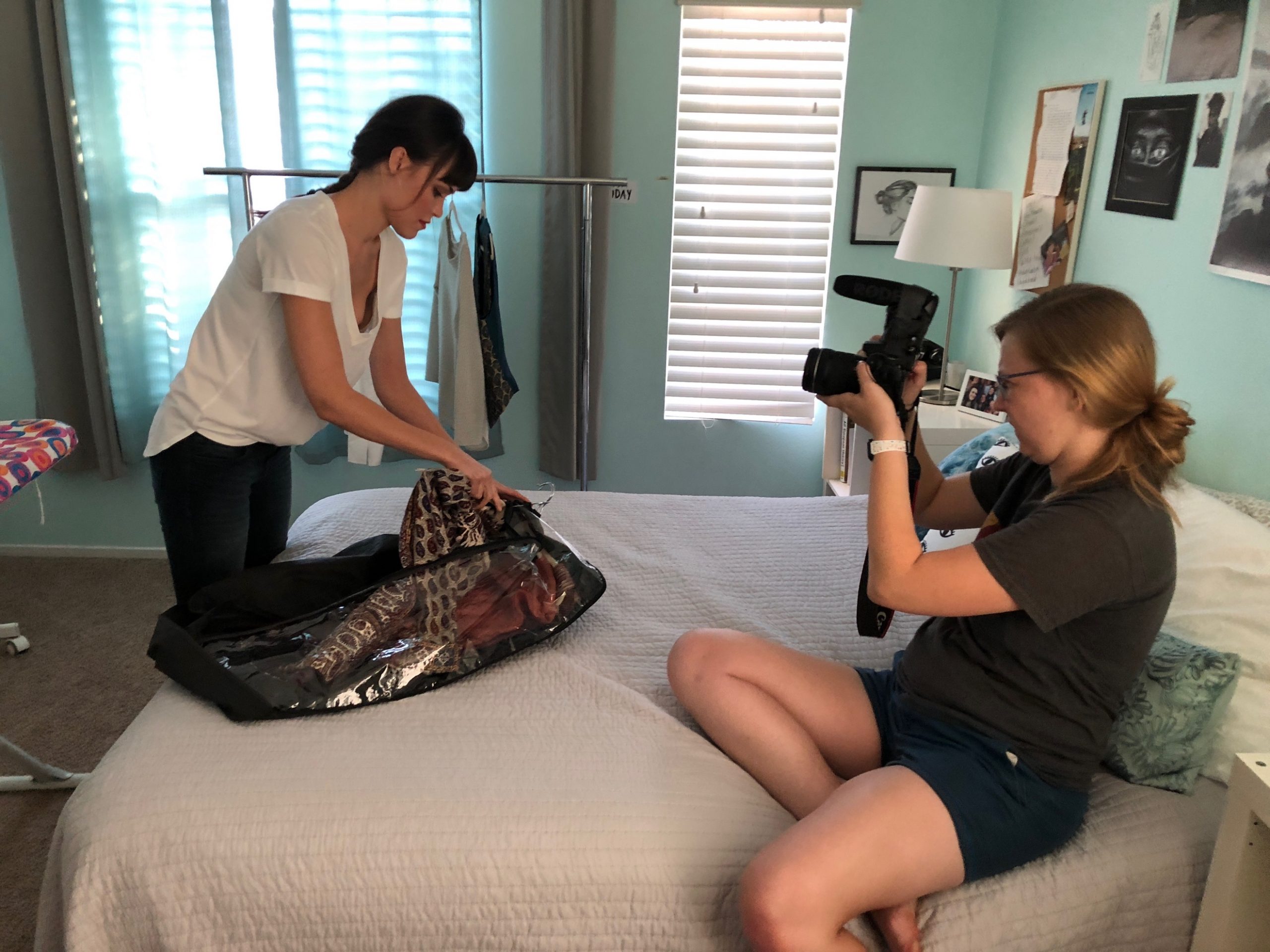

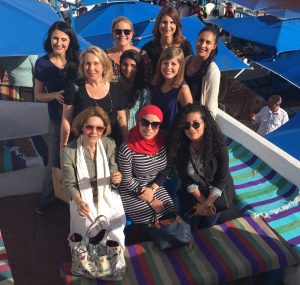


Got something to say?